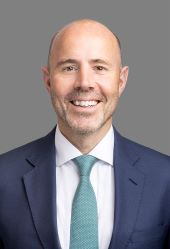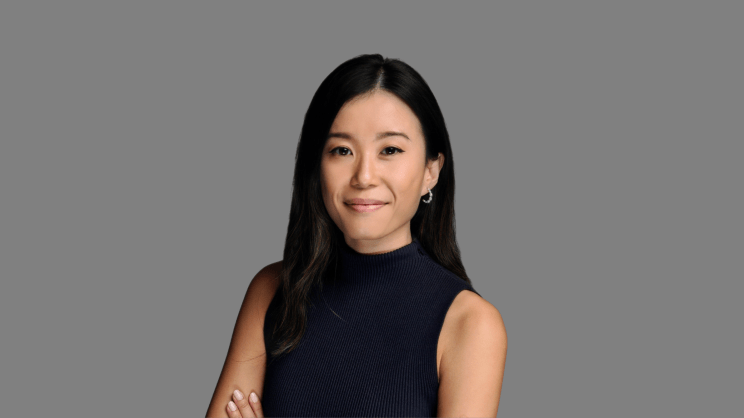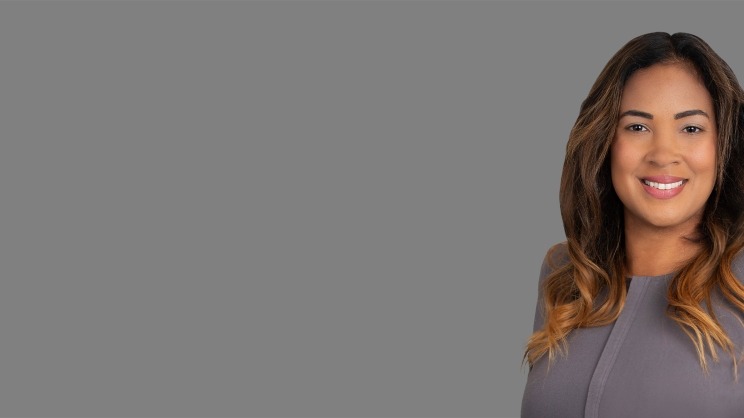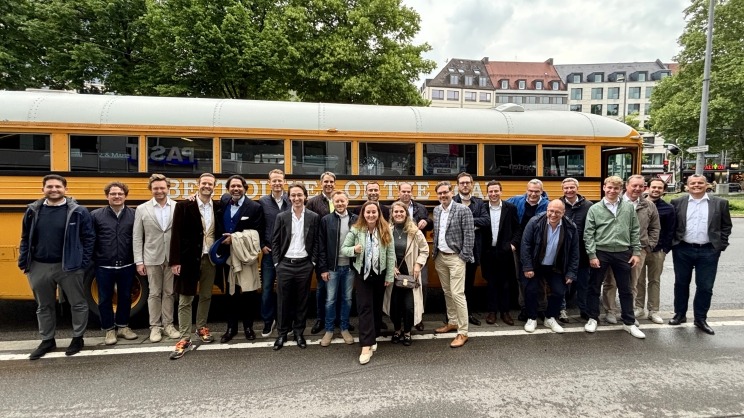Welcome Back Spotlight: Neil Hayward

How a Globe-Trotting Restructuring and Turnaround Expert Found His Way Back to the 'Home Team'
Neil Hayward is a Managing Director with Alvarez & Marsal’s Restructuring and Turnaround practice in Sydney, Australia. He earned a master’s degree in engineering and French from the University of Nottingham.
In this Q&A, Neil discusses the challenges and rewards of making significant career and geographic moves and the importance of adaptability in leadership. He shares his professional and personal insights from his diverse global experiences, including the importance of bringing one’s experience but setting aside preconceived notions when encountering other cultures.
A Return to the Home Team
What factors influenced your decision to join A&M in Australia, and what excites you about this new chapter in your career?
I left A&M in the Middle East for Australia in 2020 and would have stayed within A&M if there had been an office here. So when the firm opened up in Australia, I was extremely excited about the opportunity of again working at Alvarez & Marsal. As in many new markets that A&M opens in, Australia is dominated by the Big 4 accountancy firms and global management consultants, all of whom have suffered reputational, commercial and financial issues in the past few years. The market here is desperate for an alternative.
A&M’s focus on bringing leadership to situations, delivering results quickly and commercially, and working alongside clients (the muddy boots approach) is a real differentiator in the local market and is already generating great traction with clients.
Moving Location Has Many Pros and Very Few Cons
What advice would you offer to professionals considering making a significant career or geographic move, as you’ve done multiple times in your career?
Moving geographies is hard in the short term and massively beneficial in the medium to long term from both a business and personal perspective.
The short term is hard as you adapt your approach and experience to a new environment, while also having to prove yourself again in a different work environment. You have to build a new social network, go through the logistics of resetting up your life in a new location, often managing a family through the same process.
And this is also why it is fun, enjoyable and hugely beneficial. You challenge yourself both professionally and personally in a new environment. You make new and different friends and immerse in cultures and experiences you would never have if you stayed in the same place.
New Locations Bring New Opportunities
What are some of the roles you have assumed in new locations?
My travels have led to me to helping rebuild the New Orleans bus infrastructure after a hurricane, being CEO of a mine in Pakistan, delivering a turnaround of the Middle East’s biggest media company, and running an oil business in Australia — while also celebrating Christmas in the middle of a desert, Thanksgiving on a farm in Connecticut, Ramadan in Oman, the New Year in Jordan, and many more holidays.
How has living and working in diverse regions like Dubai, the U.S., Europe and Australia shaped your approach to problem-solving and leadership? Can you share a specific example?
I think the biggest lesson for me from my travels has been not to assume anything, but to ask lots of questions to really understand the situation and the perspective of the stakeholders. Then I apply the best solution, developed from the different experiences in each of the places I have worked. Too often I have seen people’s ingrained learning prevent them from understanding the situation and trying to apply their standard solutions which aren’t relevant to the problem.
One example is a large company in the Middle East. The client had cash challenges but a good business and needed some insolvency protection. By asking lots of questions, we established that they had two main fears — losing management control and any solution causing the withdrawal of key supplier contracts with U.S. providers.
A U.K.-focused competitor only offered a U.K.-based solution that would not have solved their two fears. Without preconceived solutions and a wider experience, we talked the client through the pros and cons of various U.K./U.S./Middle East/European solutions, resulting in a consensus around a U.S. solution that would alleviate both fears and provide the best chance for success. We won the engagement, and our solution led to multiple years of work with them.
Public Sector and Corporate Clients: Not So Different
How do you balance the unique challenges of public-sector mandates with the operational demands of corporate clients, while staying true to A&M’s values?
I challenge the statement that public sector mandates are unique. I would say that they are similar to corporate clients, but require an increased emphasis in three areas:
- Purpose of our work: “Profit for Purpose” communicates that running their operations more efficiently enables more funds to be used for the purpose of the organization, delivering a better service to their constituents. Decrease of waste increases outcomes.
- Stakeholders: There are generally more stakeholders to manage, and you have less leverage to persuade them into a solution. So, you have to find a solution that works for everyone, or at least one where no one thinks anyone else is better off than they are.
- Influencing: Much more time is spent influencing the stakeholders to get them to the solution.
All of these are key considerations when working with any purpose-driven organization.
As We Benefit From Our Mentors, We Become Mentors
Who have been your most influential mentors, and what important lessons have they taught you throughout your career?
I have had several key mentors throughout my life. My dad taught me to “be smarter and work harder”, and to lead by example — never expecting anyone to do anything I wouldn’t do myself. Ian Powell showed me the power of using a story to communicate long-lasting messages. Bryan Marsal gave me the confidence to believe I could actually be a Chief Restructuring Officer and the focus to make a successful career in A&M. I will never forget his pep talk when I first joined A&M from a Big 4 firm on the challenges that would come and how I would be successful. It was the challenge I needed. He also gave me the insight that work should be fun.
What motivated you to join the Bronte Surf Life Saving Club, and how has it influenced your leadership approach and ability to build community?
My initial motivation was to build a social network so we could settle into Australia as quickly as possible and to make sure my kids were confident and safe in the water. Additional motivations followed as I invested more time into the surf club — leading training, being part of a beach patrol, learning first aid, and performing water safety. Through these, I developed deeper relationships and had a more positive impact on my community. I felt part of the community, giving back to help others, and I also felt I was providing the right example for my kids.
This experience has helped me as a leader — I have more confidence; I’m calmer and more assertive in crisis situations. This really became clear to me when my dad fainted when visiting. By following my training for assessing and responding to an emergency, projecting confidence, and clearly communicating, I was able to keep my family calm, which allowed the paramedics to work quickly and get my dad to the hospital. Fortunately, he was OK.
Your involvement in the Nippers program bridges mentoring and community service. How does guiding younger generations parallel mentoring in your professional life?
Mentoring Nippers (age 6–14) and Cadets (age 14–18) is an amplified reminder of how everyone needs a different approach to coaching/mentoring. At each age level our Nippers and Cadets have different and more extreme reactions to situations than adults. Factoring in the changes as children age and the variances in genders and cultures, one sees that a wide range of approaches is needed. One size does not fit all.
Balancing Life Outside of Work with Professional Success
With three daughters and a demanding career, how do you instill the values of cultural awareness and adaptability within your family?
Moving between Europe, the Middle East and now Australia, plus the impact of COVID — I think my family has been forced to learn to adapt to new situations quickly. Our experience in the Middle East was probably the best learning experience for all of us. My children had 140 different nationalities at their school, so they observed Diwali, Ramadan, Christmas, and learned about many other cultures. At the same time they witnessed how a developing economy was managing cultural gender and racial hierarchies.
How do you ensure balance between your professional life and your passions, such as triathlons and life-saving patrols?
My approach is that the right balance between family, work and other passions has to change over time depending on the circumstances. Family comes first, then work, and then the other passions fit in. But if ever the work element means I don’t get to do enough of my other activities, then I won’t be able to bring my best to work, so the balance has to change. I find it is a constant readjustment that I need to actively manage and plan for.




